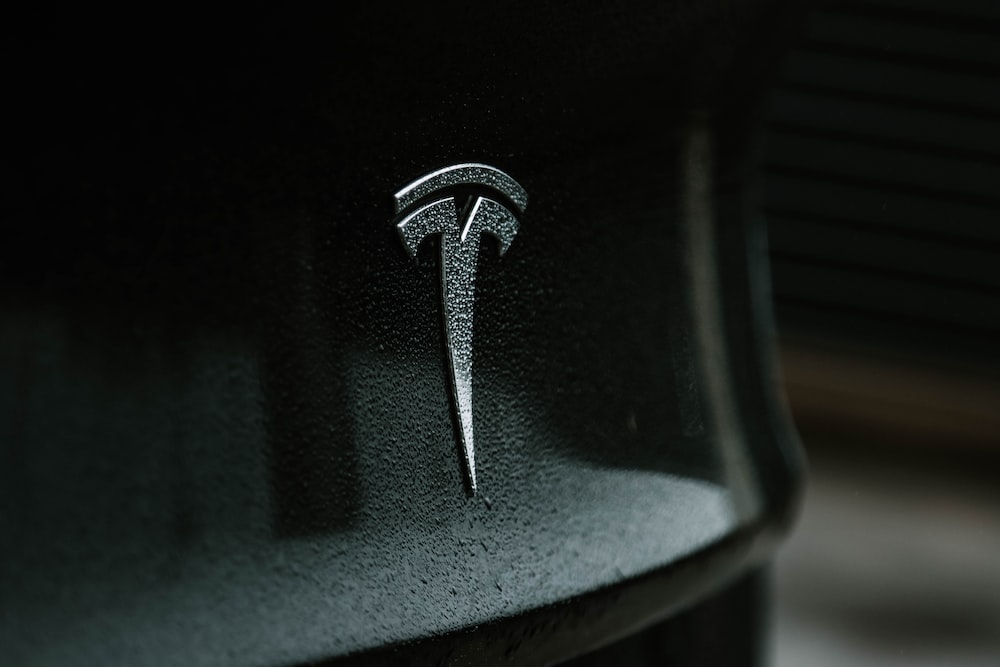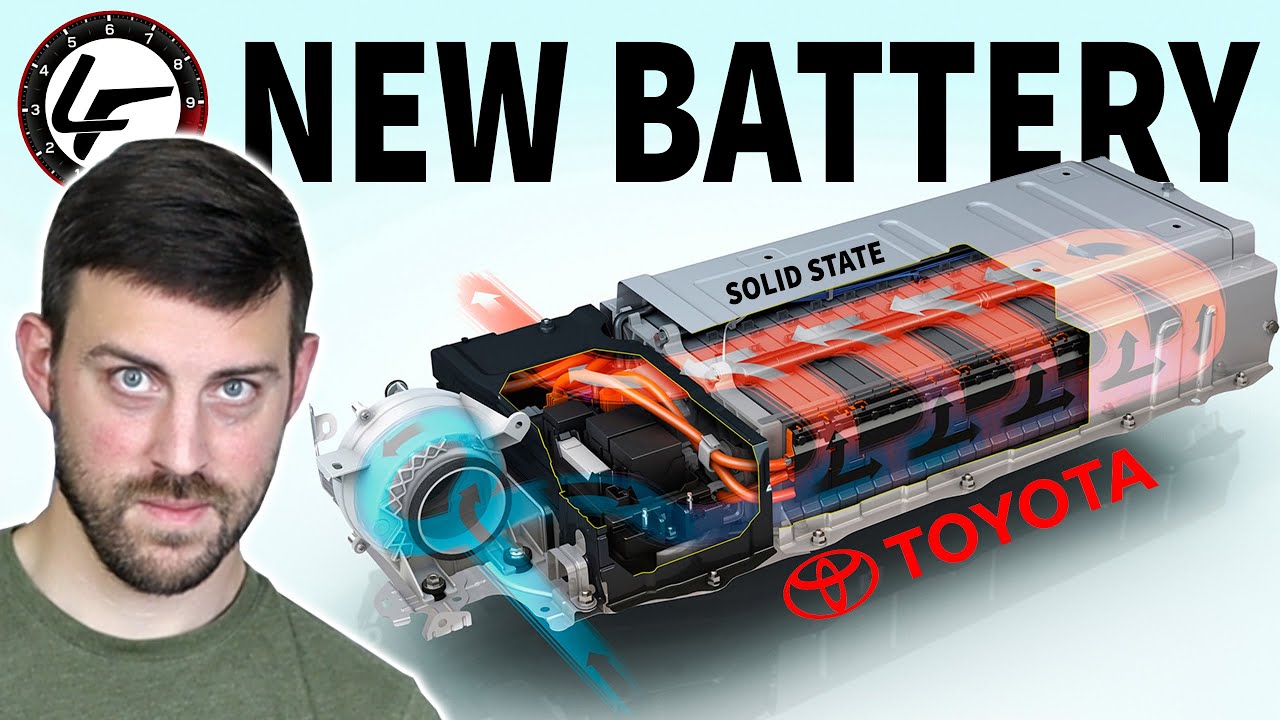Solid State Batteries For Electric Cars
With the rise of electric vehicles and growing concern over carbon emissions, the automobile industry is experiencing a paradigm shift. In this new age of mobility, manufacturers are investing in innovative and sustainable technologies that will equip cars with lower environmental impact.
Innovations such as hybrid engines, battery-powered cars, and electric car conversion kits have already made their mark on the automobile industry.
But to reduce further carbon emissions and tackle climate change, electrified cars need a more sustainable energy source: batteries. Solid state batteries are a promising technology for powering electric cars because they offer several advantages over liquid electrolyte batteries. Let’s see how these solid state batteries work and why they could be the future of electric vehicles.
What are Solid State Batteries?
The name alone should give you an idea of the basic concept behind this technology – solid state batteries are made of solid materials.
Liquid electrolyte batteries, in contrast, have flowing electrolytes inside. There are three main components in a conventional battery: an anode, a cathode, and an electrolyte. The anode and cathode get charged with electrons when the battery is connected to a circuit.
The electrolyte acts as a bridge between the two electrodes. It’s a fluid that facilitates the transfer of electrons from one electrode to the other. Solid state batteries are made with solid electrolyte materials like lithium-ion phosphate (LiFePO4) or silicon that brings high energy density with low charging times.
How do Solid State Batteries Work?
A solid state battery is like an advanced version of a lithium-ion battery. While liquid electrolyte batteries use a flammable organic electrolyte, solid state batteries use a non-flammable electrolyte. Silicon is one of the most commonly used electrolyte materials.
Silicon is also a much better choice than organic electrolytes because it holds almost six times more charge than the latter. Electrodes in solid state batteries are made with lithium-metal instead of carbon. Lithium-metal electrodes have a higher energy density than carbon electrodes. This makes them a better choice for higher voltage batteries.
Benefits of Solid State Batteries for Electric Cars
– High energy density: Solid state batteries have higher energy density than liquid electrolyte batteries, which means that they store more power per unit volume or mass. This will enable manufacturers to fit larger batteries in smaller cars, thereby increasing the driving range.
– Fast charging: Although the charging time for solid state batteries is greater than for liquid electrolyte batteries, it’s still much faster than charging a lithium-ion battery. Silicon can charge faster than organic materials, which charge at a rate of 10% of the voltage per minute.
– Higher voltage: The high voltage of silicon electrodes allows cars to draw higher currents. This could enable manufacturers to design faster charging systems since they would need fewer stages of charging. It will also allow them to design smaller, more efficient motors since they would draw less current.
– More safety: Silicon electrodes have a better thermal stability than carbon electrodes, which means they’re less likely to overheat. This makes them a safer option than current lithium-ion batteries, which are prone to catching fire.
– Less weight: Solid state batteries are about 30% lighter than liquid electrolyte batteries. This could result in lighter cars and more efficient engines, which would help reduce fuel consumption by 5%.
– Longer life: Silicon electrodes have a longer lifespan than carbon electrodes, which means that solid state batteries could last up to 2.5 times longer than liquid electrolyte batteries. This could extend the lifespan of electric cars by several years since they wouldn’t have to be replaced as frequently.
Why are Solid State Batteries the Future?
These batteries have several advantages over liquid electrolyte batteries, making them the obvious choice for powering electric cars. It’s for these reasons that we can expect the future of electric vehicles to be powered by solid state batteries.
These batteries are relatively inexpensive and easy to manufacture, which makes them an ideal choice for mass production. They are also non-flammable, unlike liquid electrolyte batteries, which means that they pose negligible fire risks.
Solid state batteries can be charged much faster than liquid electrolyte batteries. This is because silicon electrodes charge much faster than organic materials. Silicon electrodes can charge to 4.5 V/s (2.1 V/s for carbon electrodes), whereas organic electrolytes can only charge to 3 V/s (1 V/s for carbon electrodes).
Conclusion
Solid state batteries are a promising technology for powering electric cars because they offer several advantages over liquid electrolyte batteries. They can store more energy per unit volume or mass, they can charge faster, and they are less flammable.
Solid state batteries may not be the most glamorous technology, but they have the potential to transform our automobile industry. With these batteries, we could see cars with longer driving ranges, faster charging times, and lower environmental impact.





